At the discussion session on the Draft Resolution of the National Assembly on a number of specific mechanisms and policies to improve the effectiveness of international integration, a number of delegates proposed adding policies for people and localities in border areas.
Pressure on infrastructure - resources - human resources at the border
Delegate Chu Thi Hong Thai (Lang Son) said that although border provinces play the role of "frontline international integration", they are facing a series of limitations such as small and fragmented economies , dependence on agriculture and border trade; weak processing industry, logistics services and export value chains; degraded and unsynchronized border gate, warehouse and transport infrastructure.
Limited financial resources and low budget revenue make infrastructure investment and integration implementation difficult. There is a lack of human resources with knowledge of foreign languages, international law and border trade, making it difficult for small businesses to participate in international value chains. According to her, this situation makes it impossible for border areas to play the role of integration gateway as expected.
From that reality, delegates proposed that the draft Resolution add a group of stronger mechanisms.
"The reality in border provinces such as Lang Son and Cao Bang shows that budget revenue is low and depends heavily on the central budget, so if only assigning tasks without clearly defining support mechanisms, many localities will not have the conditions to implement them," said the delegate.
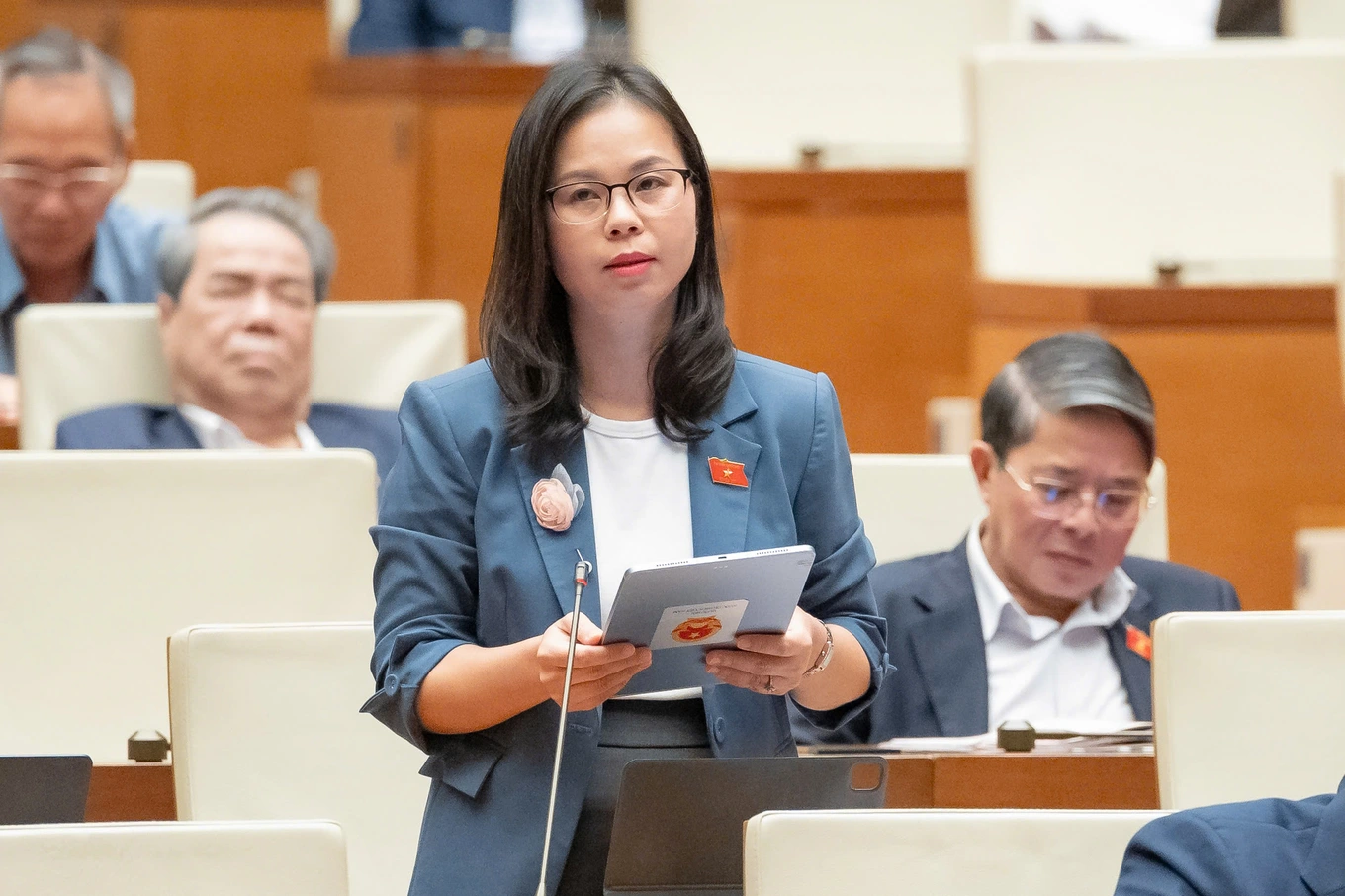
Delegate Chu Thi Hong Thai (Lang Son) (Photo: National Assembly Media).
Therefore, delegates suggested that the draft should add a central budget mechanism to directly support integration tasks, while emphasizing that this is not a preferential treatment but "investment for national tasks at the border", in line with the spirit of Resolution 59.
She also recommended supplementing human resources and social security policies for border areas, from foreign language and international law training for officials, special allowances for frontline forces, to supporting sustainable livelihoods and basic living conditions for people in remote areas.
Meanwhile, delegate To Ai Vang (Can Tho) emphasized the need to include workers and people living along the border as policy beneficiaries. Workers are directly affected by integration and need support to improve their skills, foreign languages, and understanding of international law to compete in the global environment.
"Border residents are the force that comes into daily contact with people of neighboring countries, is a "fence" in people's diplomacy, contributes to detecting violations related to sovereignty, and maintains security and order," the delegate emphasized.
Ms. To Ai Vang also proposed to add financial support from the Export Promotion Fund for small and medium-sized enterprises, and expand policies accompanying trade defense taxes to support businesses in updating market information, training in international law, applying technology, and promoting global supply chain connectivity.
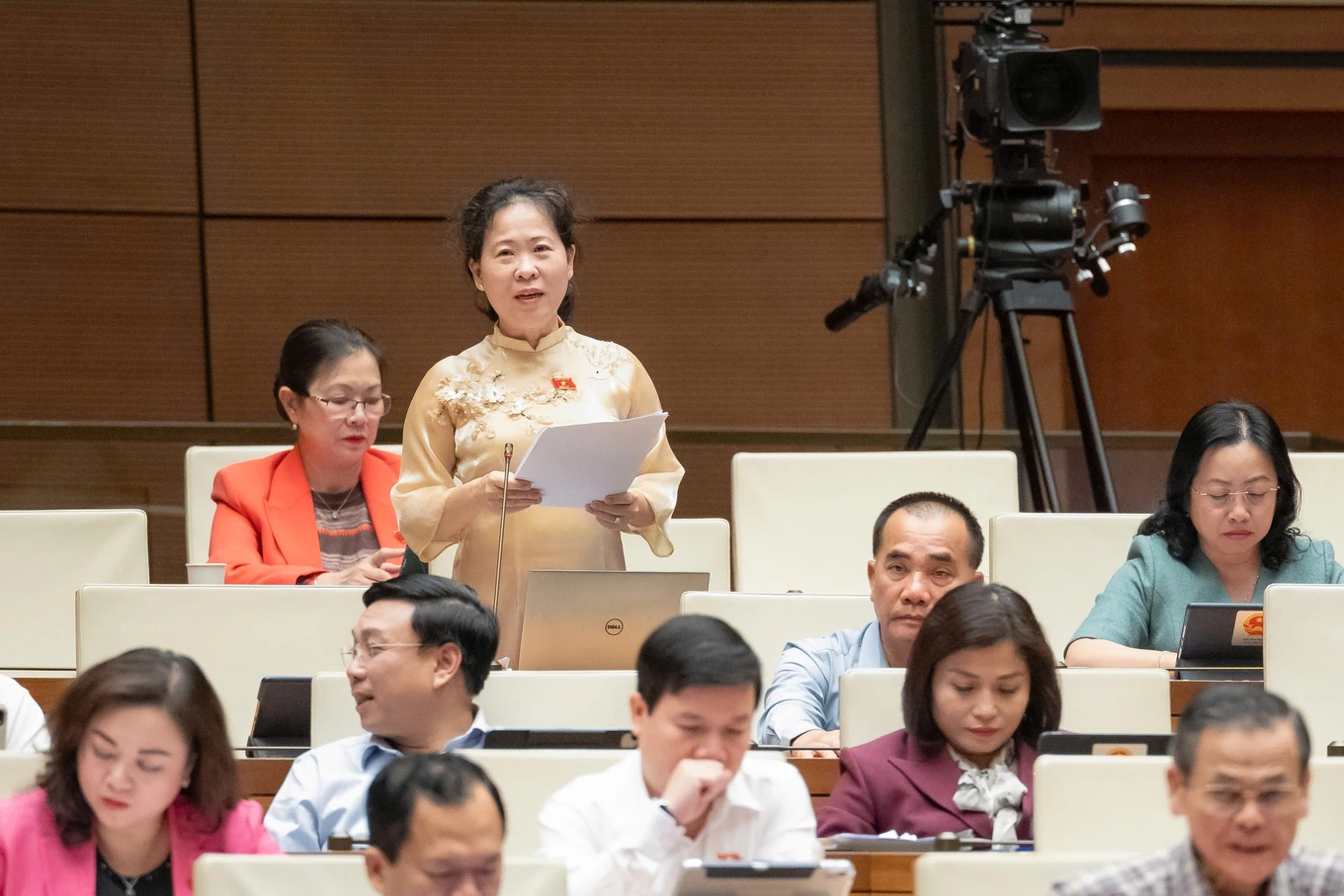
Delegate To Ai Vang (Can Tho) (Photo: Media QH).
"Each citizen is a living border marker"
Receiving delegates' opinions, Foreign Minister Le Hoai Trung affirmed that most of the proposals were valid and suitable to practical requirements.
Regarding the policy for people in border areas, the Minister shared: "I also work in border areas so I understand very well. And I also thoroughly understand the spirit that each person is a living border marker."
He said people in border areas now enjoy different regimes and policies according to specialized regulations on security and border protection.
Therefore, if the draft expands the scope, it will become too broad, while this resolution is only a special mechanism, applied in a certain period and will be reviewed and adjusted later. He emphasized that each special field has its own mechanism, it is not that the State does not respect people in border areas, but it is necessary to ensure that policies are consistent with the functions of each legal document.
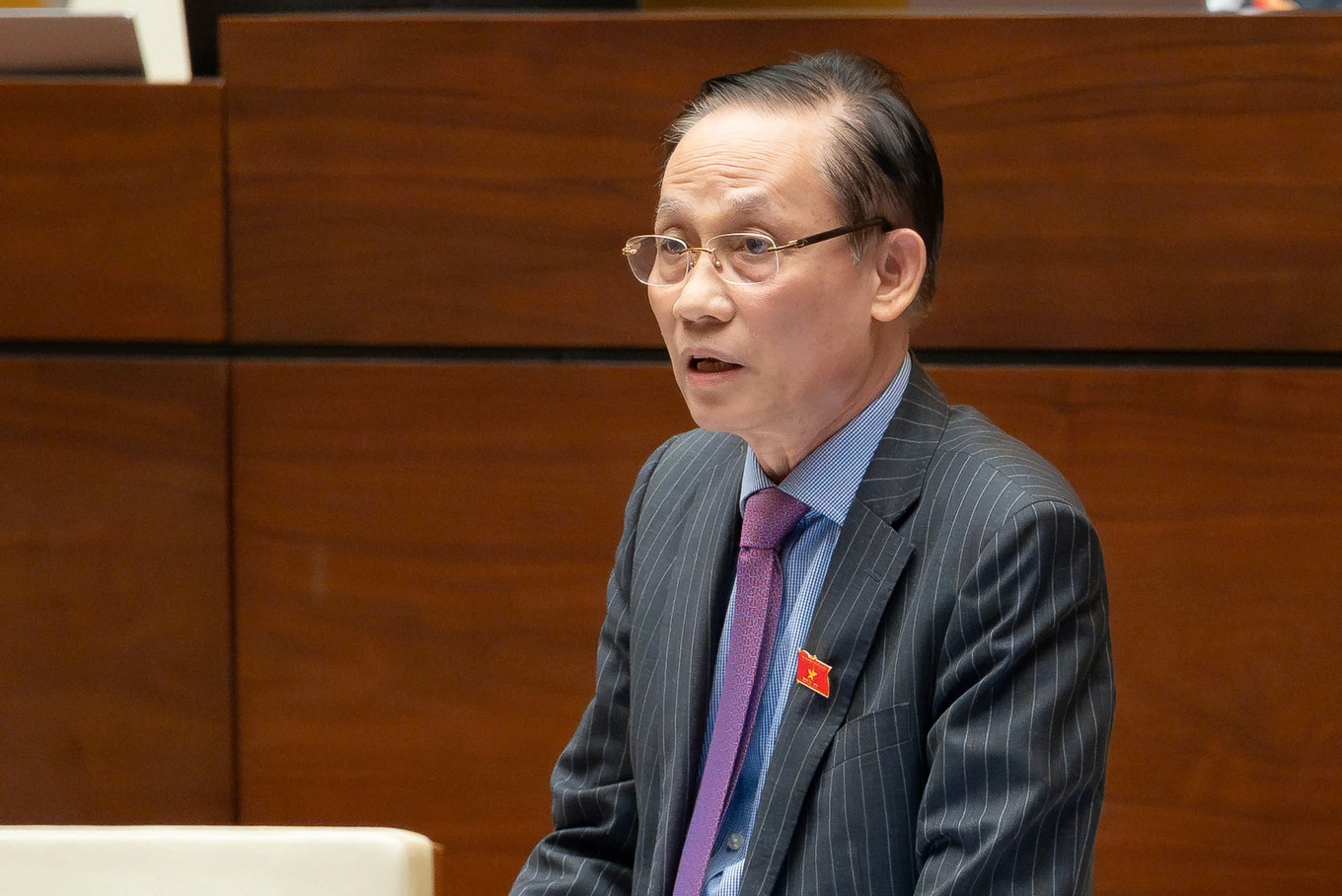
Foreign Minister Le Hoai Trung delivered a speech accepting explanations on the afternoon of November 26 (Photo: Media QH).
He also clarified opinions on business support, budget management, emergency projects of representative agencies, as well as foreign affairs authority of commune and district levels in border areas.
According to the Minister, these contents have been carefully reviewed and will be absorbed in a strict, synchronous manner, in compliance with current laws.
"We are ready to continue listening to opinions from local practices to further improve the draft Resolution," said the Minister.
Dantri.com.vn
Source: https://dantri.com.vn/thoi-su/bo-truong-ngoai-giao-moi-nguoi-dan-la-mot-cot-moc-bien-gioi-song-20251126170727600.htm






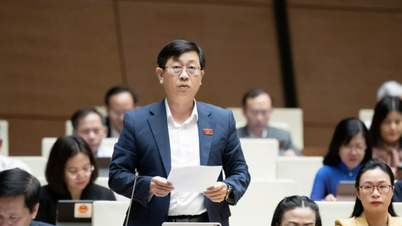

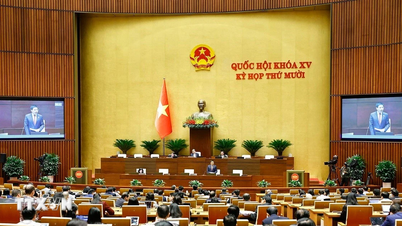

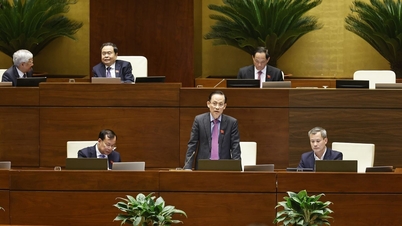

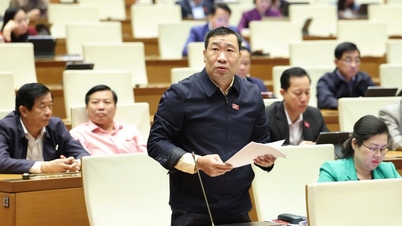

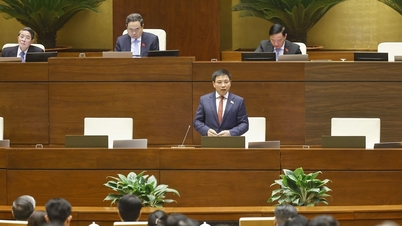
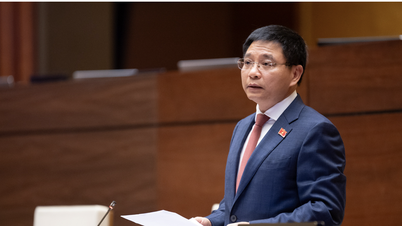

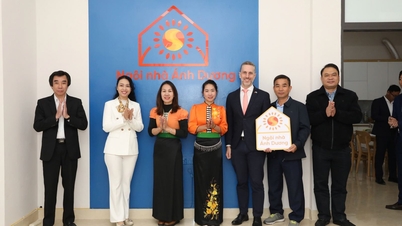
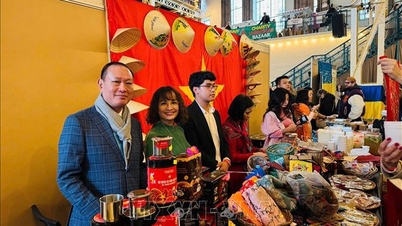
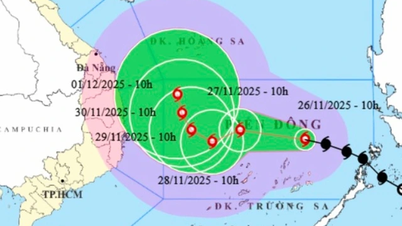

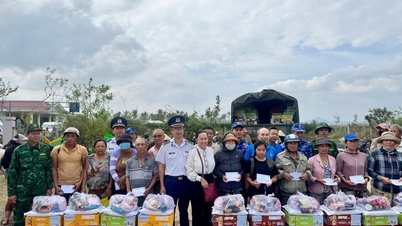
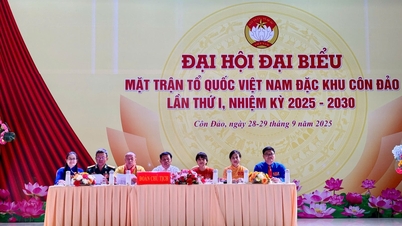






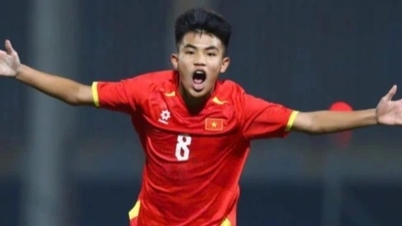

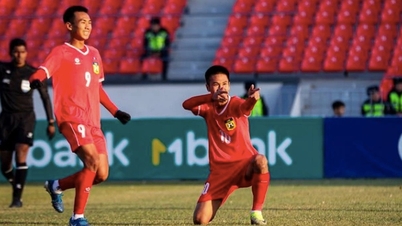
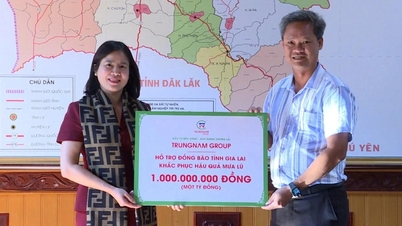
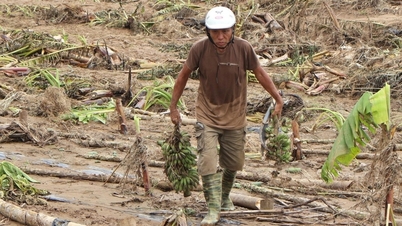



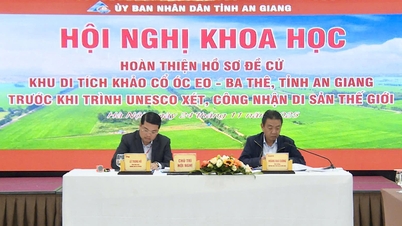



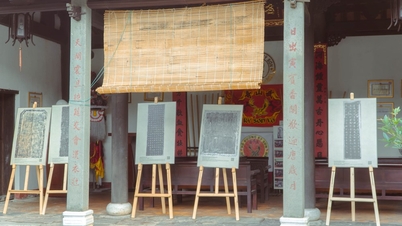
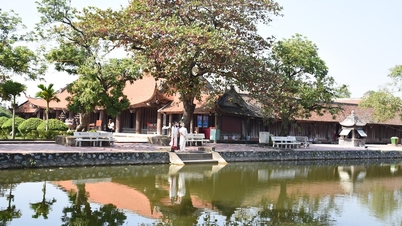


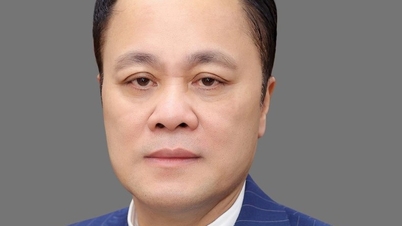
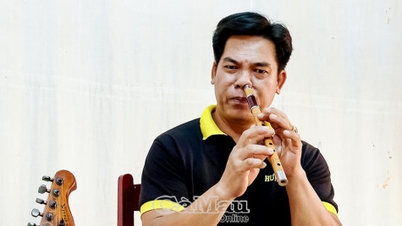



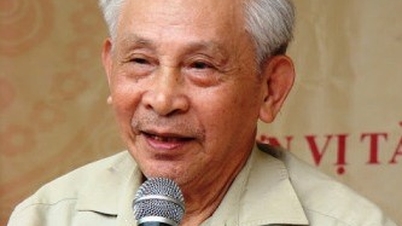

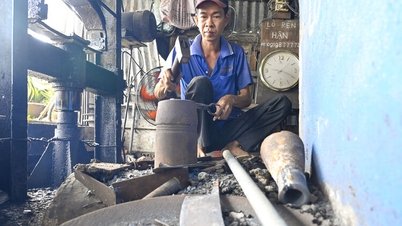

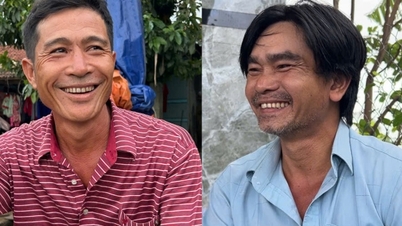

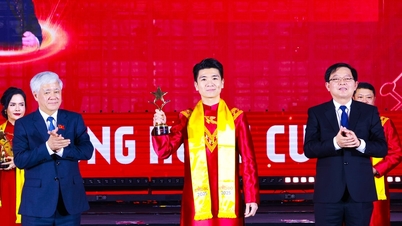





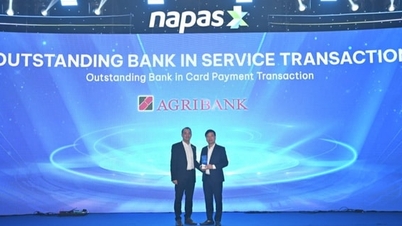








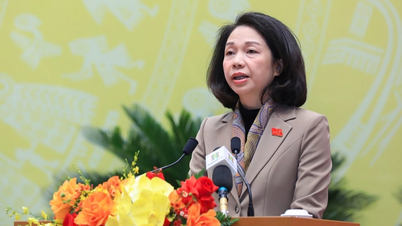


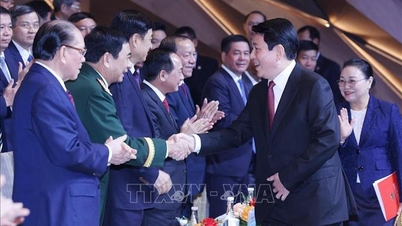
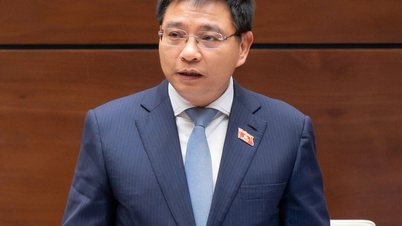


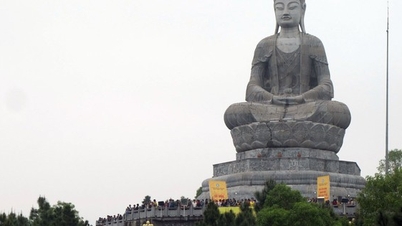
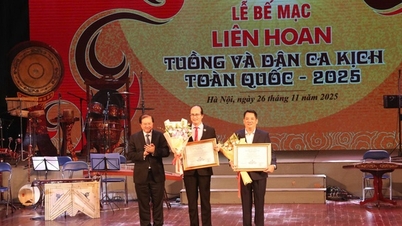
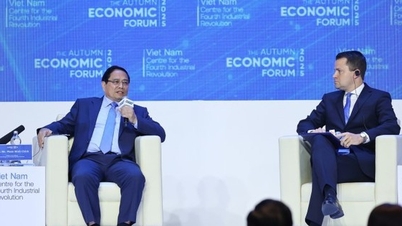

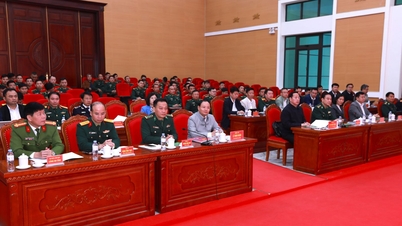
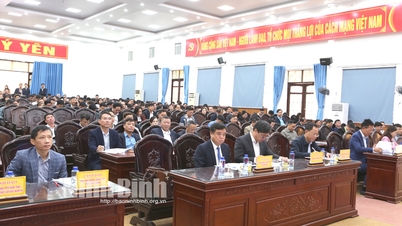

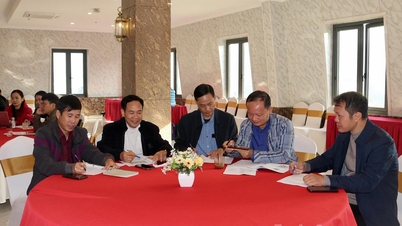

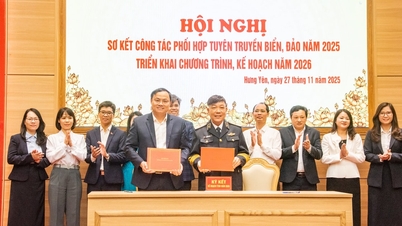

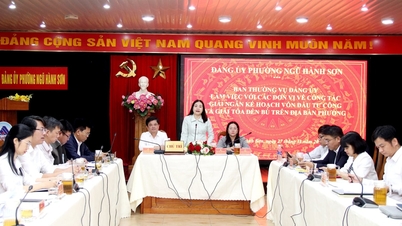
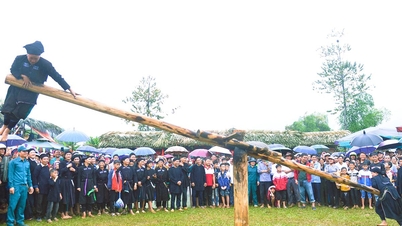











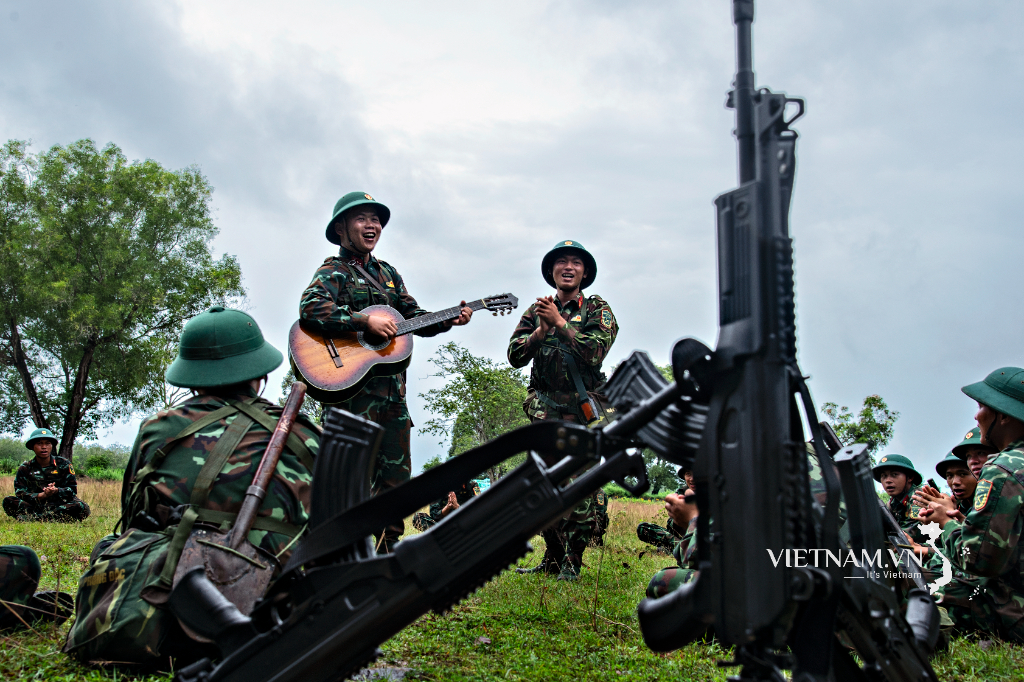

Comment (0)